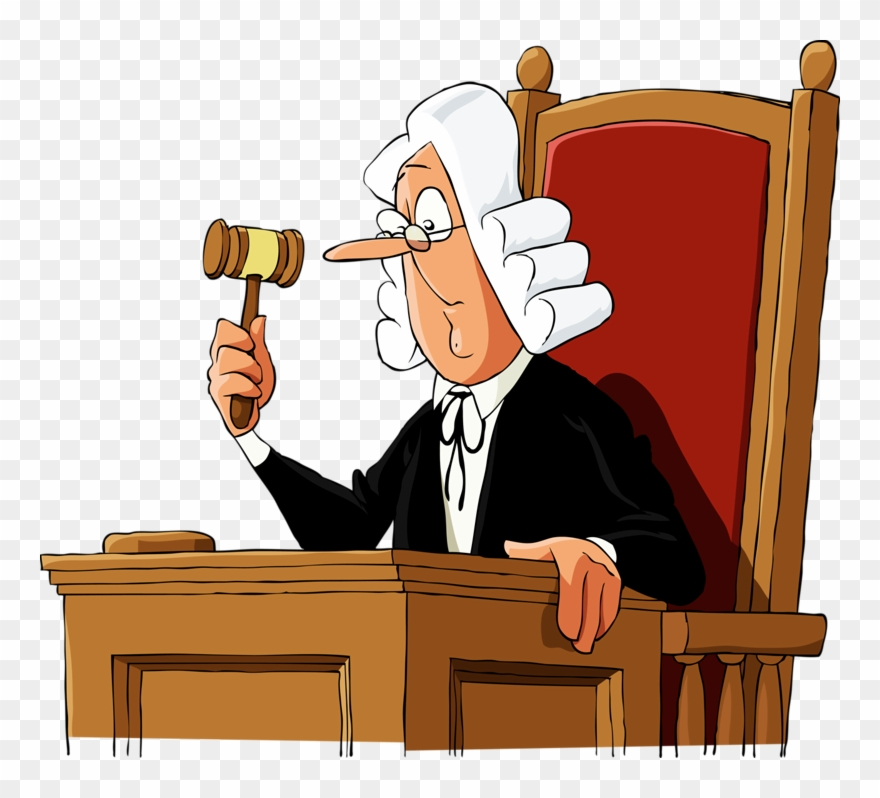John 1

Our legal system, at least in part, is based on establishing the balance of probability. Above the Old Bailey in London is a statue commonly called the Scales of Justice but is more accurately named Lady Justice. She holds in her left hand a balance scale denoting fairness. In her right hand she holds a sword symbolizing authority. Her imagery comes from the mythical Greek god Themis, goddess of divine law. She is often depicted standing on a snake representing evil. Law in the UK has different levels of proof or probability required depending on the area being judged, the highest level is beyond reasonable doubt. To establish this, evidence needs to be provided through witnesses. Some might have specialist knowledge others have first hand experience through their senses.
The whole of John’s gospel is John presenting the case for Christ bringing evidence from a series of carefully chosen witnesses including Jesus’ own testimony. We saw in John 1.3 that creation itself testifies to the existence of and goodness of God. Paul in Romans confirms this, ‘For since the creation of the world God’s invisible qualities – his eternal power and divine nature – have been clearly seen, being understood from what has been made, so that people are without excuse.’ Romans 1.20 However early in his gospel John introduces a human witness, John. Known elsewhere as John the Baptist but more appropriately known in John’s gospel as John the Witness. John self identifies as the one Isaiah prophesied, “I am the voice of one calling in the wilderness, ‘Make straight the way of the Lord.’” v23 John was in a long line of witnesses to the coming Christ stretching back through the Old Testament. Each one, like John, sent from God. v6
Confusingly, the only John mentioned by name in John’s gospel is John the Witness (Baptist) and not the author. However, John, the gospel writer includes himself in the same line of God sent witnesses. In the penultimate verse of his gospel John makes clear he also is a first hand witness to Jesus’ words and life. ‘This is the disciple who testifies to these things, and who wrote them down. We know that his testimony is true.’ John 21.24 Jesus himself handed on the baton of being witnesses at his ascension. ‘You are witnesses of these things.’ Luke 24.48
The point of being a witness is that others might believe that Jesus is the Christ or as John is terming Jesus at this point, the light. v7 When being a witness, that is speaking about one’s experience of God through Jesus, it easy for oneself to become central to the narrative. This detracts from the evidence and the reason for the evidence. John the Witness provides a clear example of how to be a witness. I do not mean, go all native and dress in odd clothes, eating uncooked scavenged food. He is repeatedly clear that the message he had to give was not about him, it was about the coming Christ. v8 When questioned by the priests and Levites sent from Jerusalem he said, I am not the Messiah v20 then when pressed again he repeated the statement. v21
John was eager to give his testimony regarding the coming Christ. ‘He did not fail to confess, but confessed freely’. v20 This is a real challenge for us all. John gained his confidence and passion from being filled with the Holy Spirit. The angel of the Lord spoke to Zechariah, his father and prophesied that John would be filled with the Holy Spirit even before he was born. Luke 1.15 Have we prayed that God would fill us with the Holy Spirit so that our lives are a witness to Christ?
John also had a clarity to his message. He knew what he knew, he did not over elaborate. He understood that Jesus is the embodiment of the grace of God. God had up to this point revealed himself through his creation, the prophets and his chosen people Israel. Now in the coming of Jesus God has fully revealed his grace and truth. v17 Jesus is the perfect revelation of God. As John writes, ‘No one has ever seen God, but the one and only Son, who is himself God and is in closest relationship with the Father, has made him known.’ v18
Do we see the church as being in the line of succession of witnesses to Jesus as the Christ?
What can we learn about being a witness from John the Witness?
I Will Stand as a Witness of Christ
